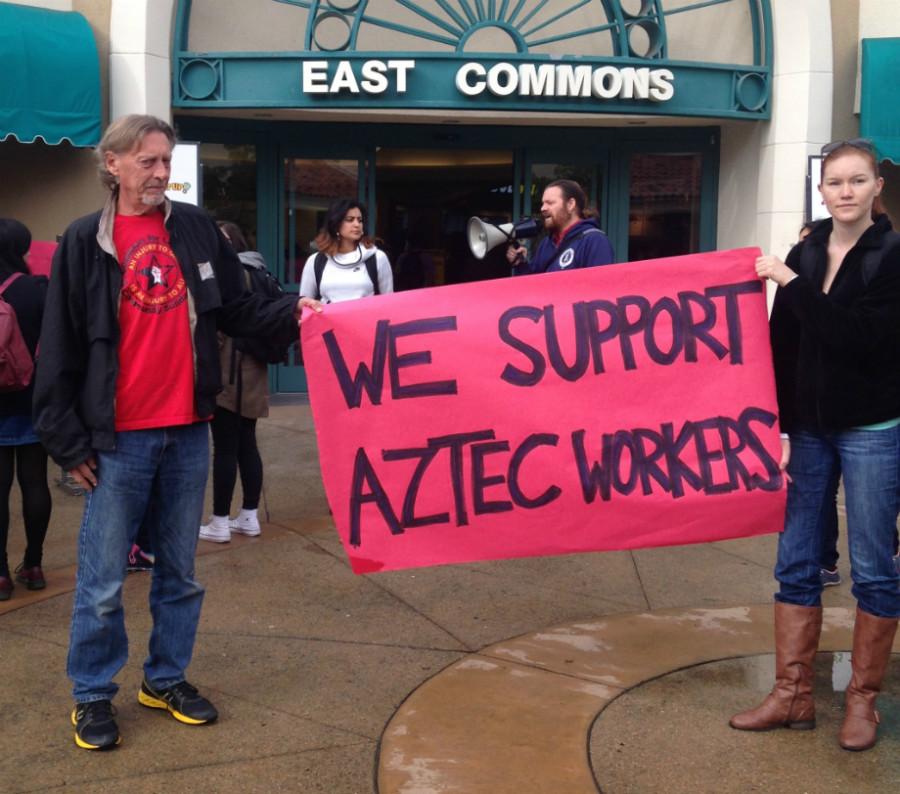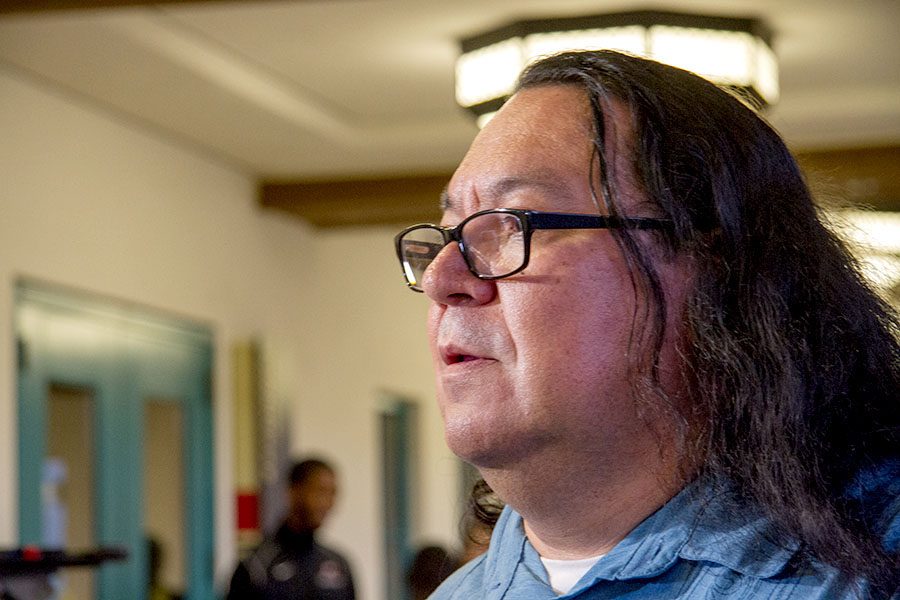California’s minimum wage increased to $10 per hour on the start of the new year, which also extended to San Diego State student workers this semester.
With more money for students and citizens to pocket from the minimum wage increase, some argue that the working poor may be able to live without public assistance programs.
However, new research from SDSU economics associate professor Joseph Sabia and graduate student Thanh Tam Nguyen show there isn’t significant evidence to prove this notion, and that a minimum wage increase may actually force some people to go on welfare.
According to their research featured in the Orange County Register, data indicated that increasing the minimum wage would likely redistribute income among low-skilled individuals, which would allow welfare exit for some, but increase welfare dependence for others.
Their study, The Effects of Minimum Wage Increases on Means-Tested Government Assistance, which was conducted for the Employment Policies Institute, analyzed data from various government data sources for 35 years.
Results of the study suggested that federal and state minimum wage increases have not reduced the use of SNAP, Medicaid, and the Temporary Assistance for Needy Families, and the Women, Infants and Children program.
“(The authors) find no statistically significant evidence that a higher minimum wage has reduced participation in or spending on public programs,” the report reads.
One student activist believes social services are not the crux of the issue regarding minimum wage increases.
Bo Elder, a graduate student and a member of the General Union at SDSU, said he agrees that raising the minimum wage to $15 won’t necessarily get people off social services for good.
And Elder said that isn’t necessarily a bad thing.
He said his main critique of the San Diego Fight for $15 campaign was that it made people believe that raising the minimum wage to $15 would make them ineligible for social services.
“The issue that we have here is that we have people who have human needs such as food and housing and if they are unmet they need to be met somehow,” Elder said.
He said social services can assist individuals to get the support they need.
Elder, who is a supporter of the unionization of Aztec Shops workers under Aztec Workers United, said raising the minimum wage would help students and non-students pay for bare necessities such as food, housing and transportation, even if they receive public assistance from a state agency or the government.
“People need to meet their needs because we live in a society where we have to usually buy those things on the market where people will either use their wages to buy them or they’ll use some kind of stand in some type of social service,” Elder said.
He said students are organizing at UC campuses to raise student wages on campus and there are plenty others working toward this goal.
“People with less need to organize to get more,” Elder said.














